California’s fast-food managers are smiling all the way to the bank. While employees cheered the new $20 minimum wage law, managers are cashing even larger checks.
This change spiked their salaries by a whopping 25% to at least $83,200 annually.
Raising Cane’s Raises the Stakes
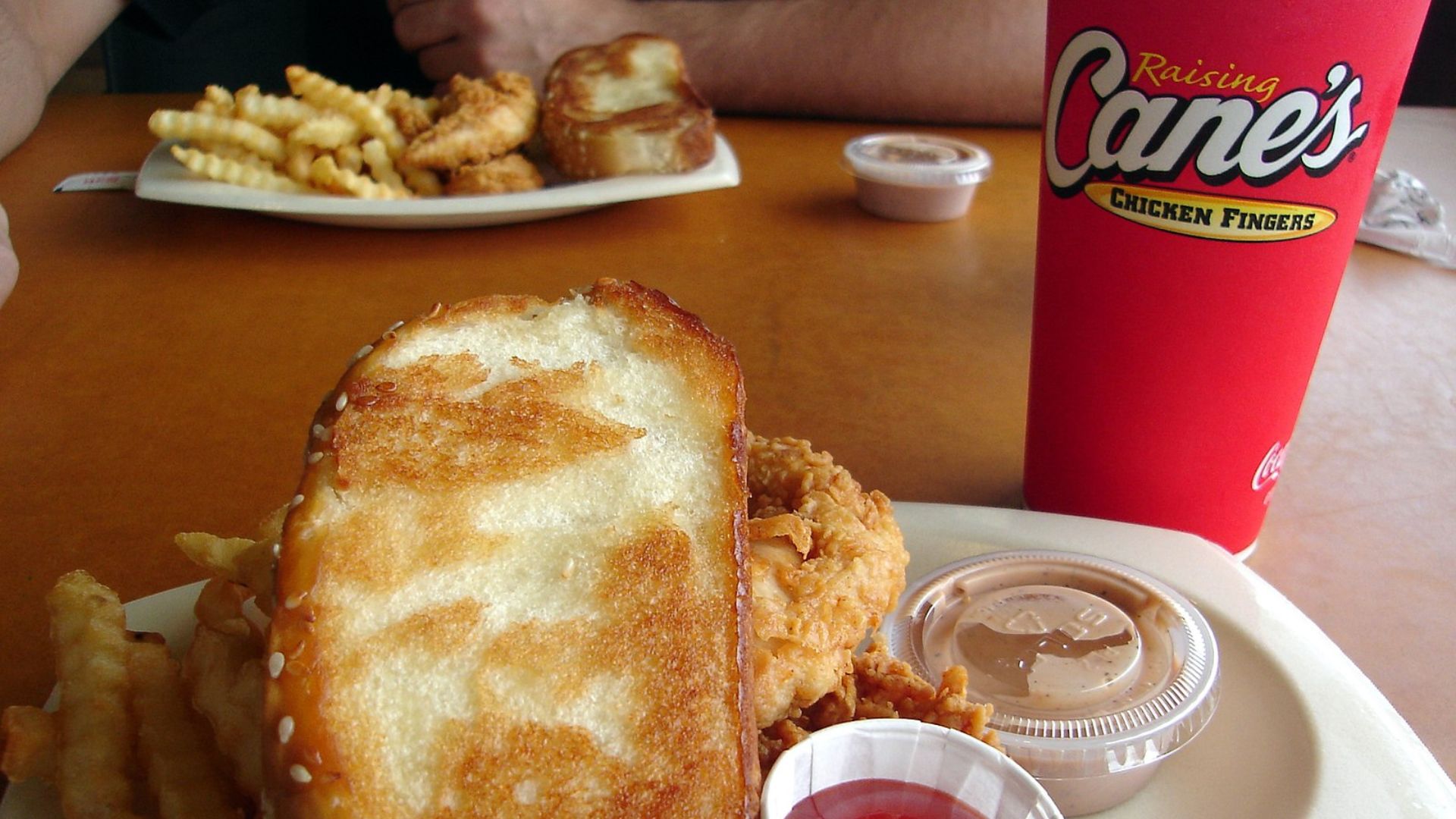
Over at Raising Cane’s, general managers in California are now enjoying salaries that can soar up to $174,000 annually.
This boost includes hefty bonuses tied to how well their stores perform. This substantial increase is a result of the recent wage law overhaul, reports The Wall Street Journal.
More Money, More Milestones
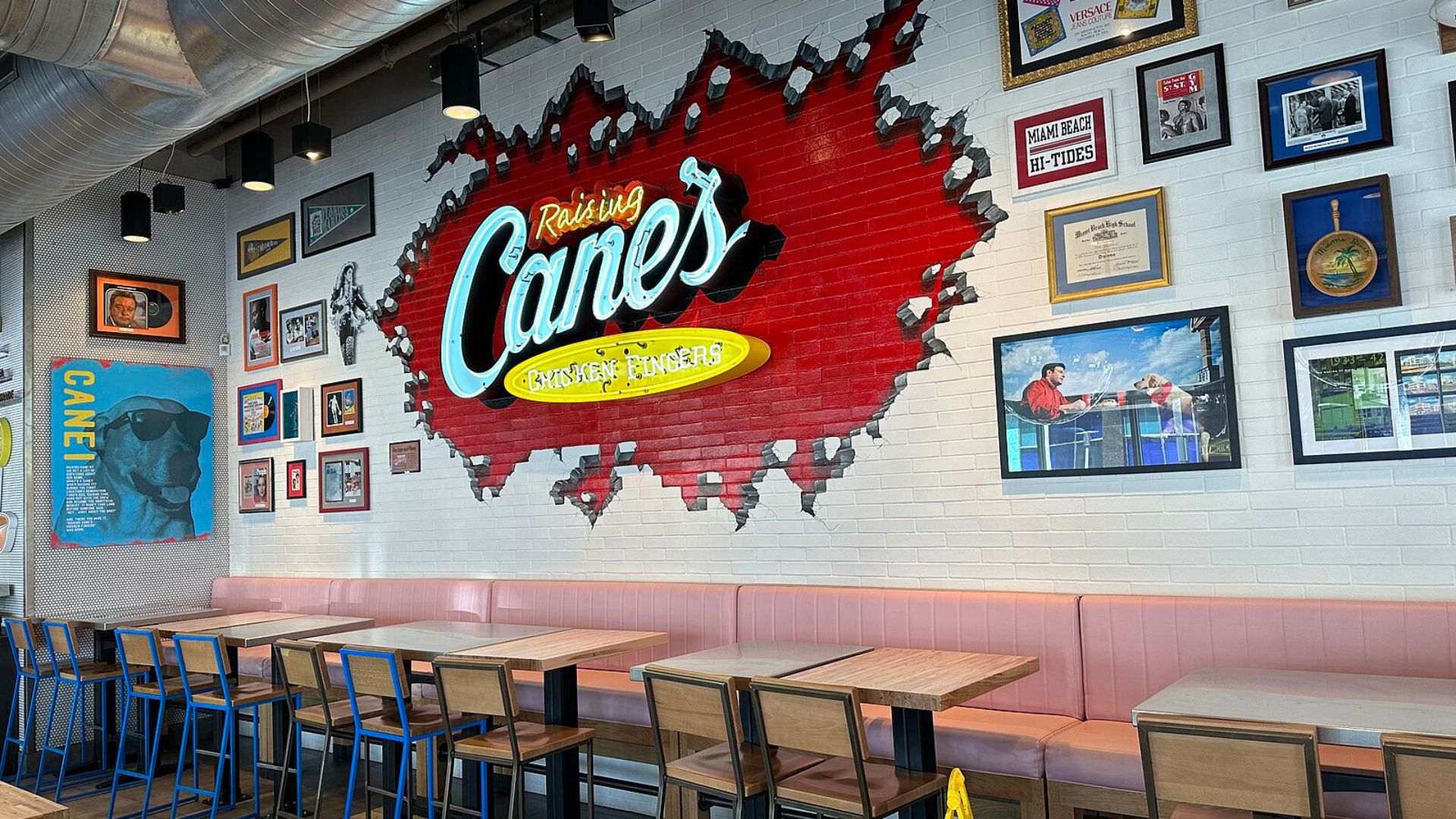
Monique Pizano, a general manager at Raising Cane’s, saw her paycheck bump up from $79,000 to $85,000.
And that’s not all—she could add up to $7,500 more each month in bonuses. “It’s been life-changing for my family,” Pizano shared with the Wall Street Journal.
California Dreamin’ or Dining Dilemma?

While managers count their extra cash, some chains are feeling the pinch.
The introduction of the $20 minimum wage has led to increased menu prices and even some store closures. It’s a mixed bag of fortunes in the fast-food lane.
Customers Cut Back on and Costs
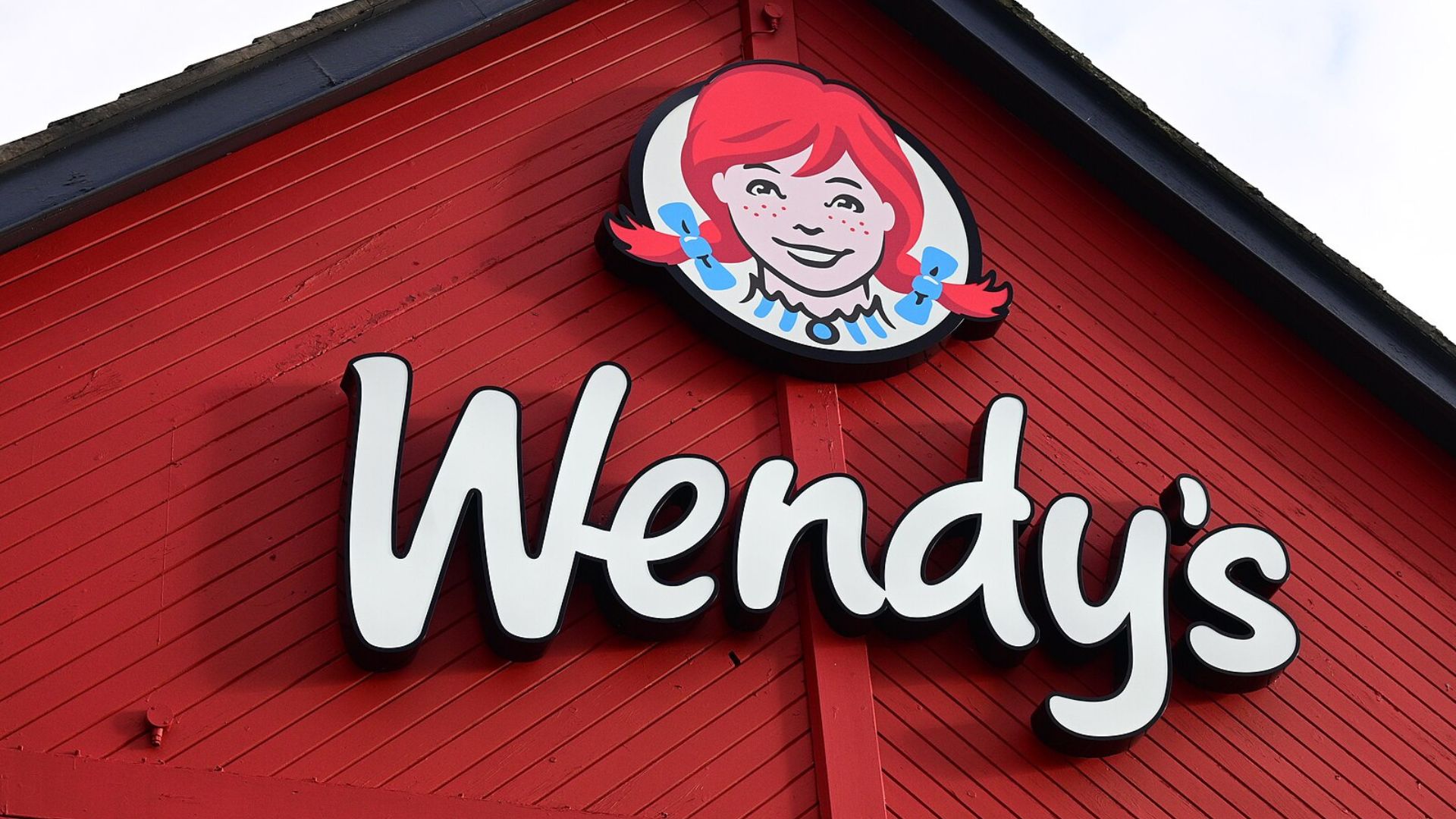
A Placer.ai study reveals a downturn in diner visits.
Post-wage hike, foot traffic at Burger King, Wendy’s, and McDonald’s has dipped by 3-4%. It appears the higher costs might be driving customers away.
Rubio’s Retreat
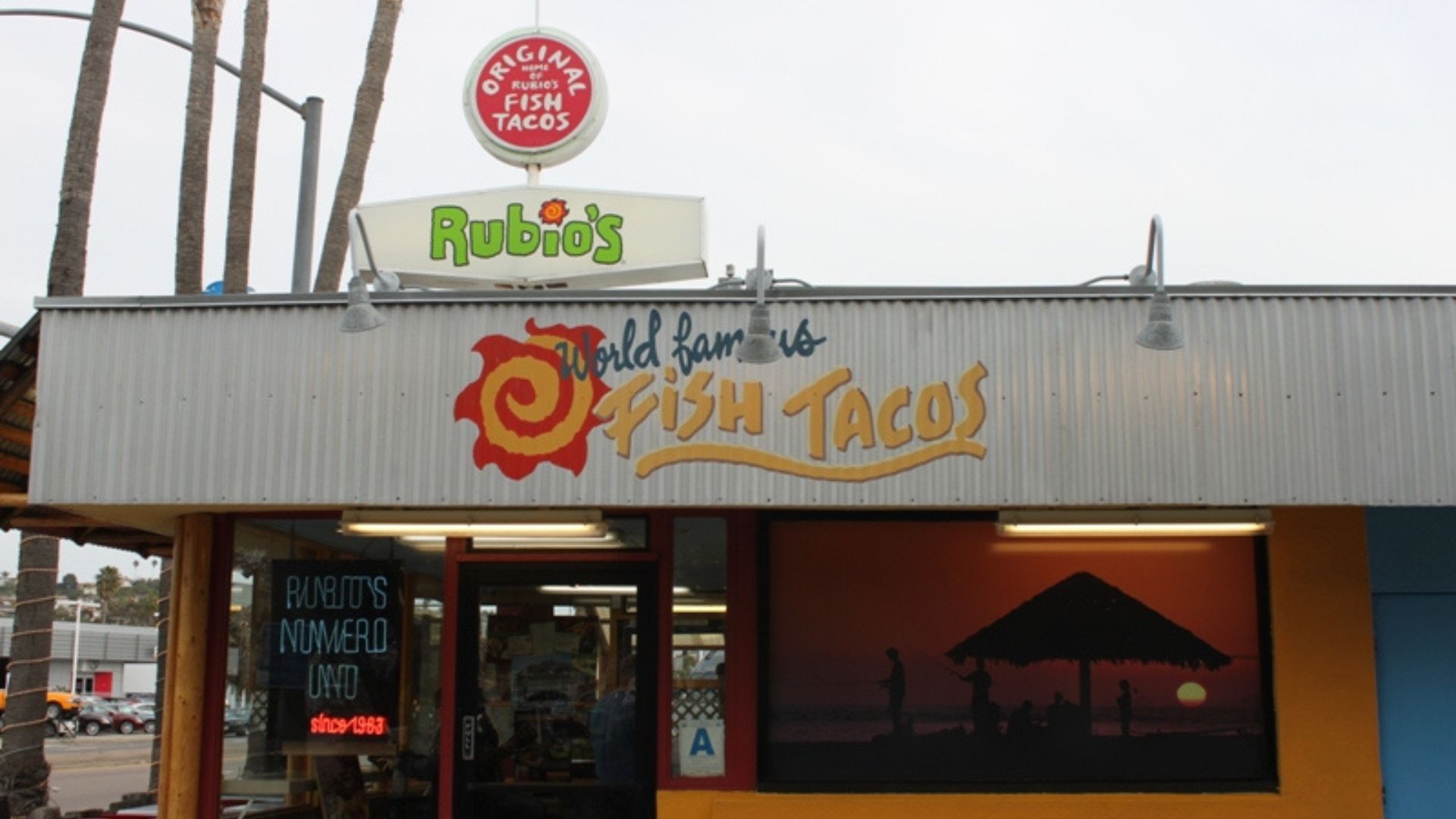
The wage increase has hit some harder than others.
Rubio’s Coastal Grill cited soaring operating costs as a reason for shutting down several California locations and even filing for Chapter 11 bankruptcy.
Fosters Freeze-out
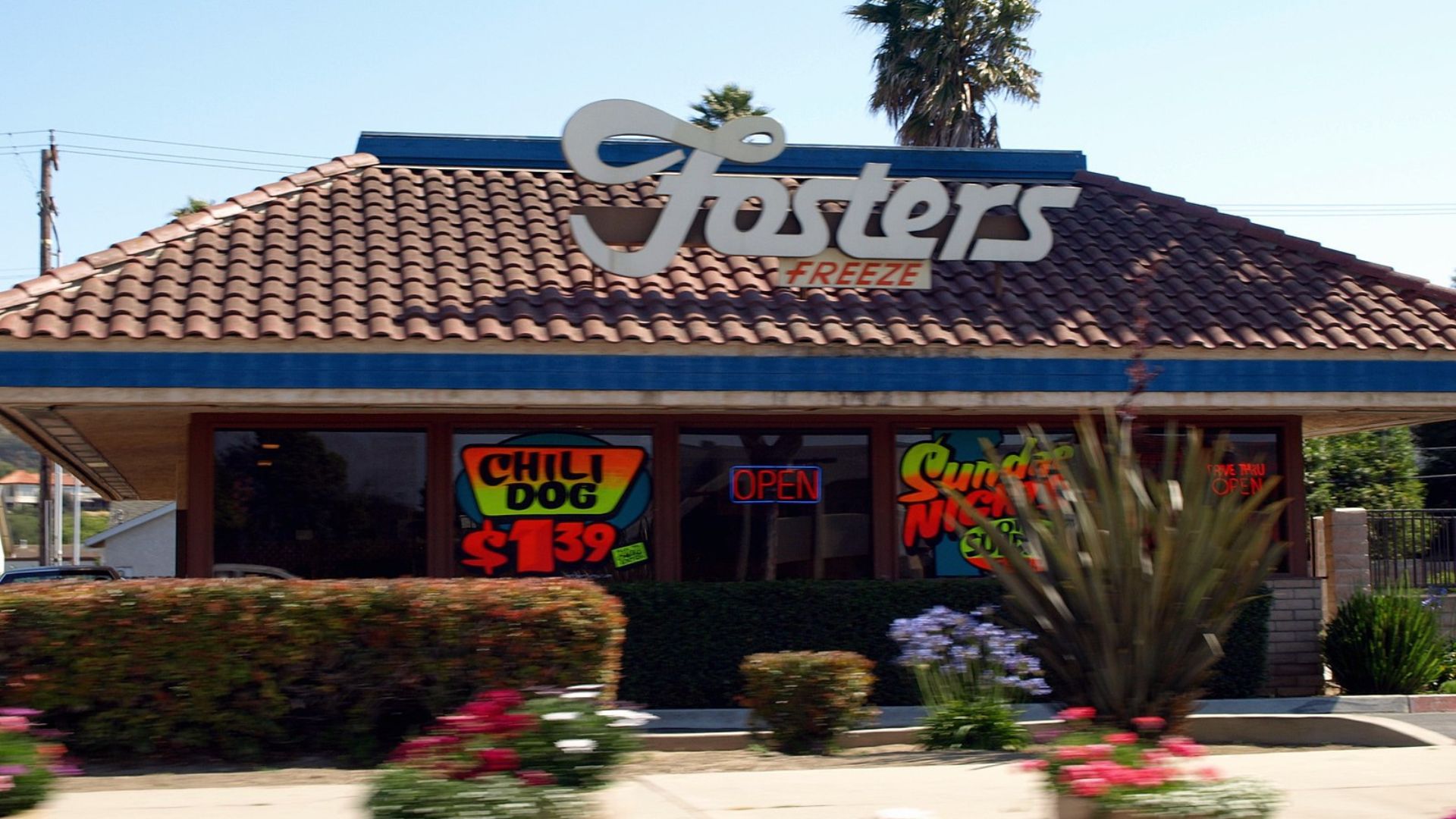
Another casualty in the fast-food scene, Fosters Freeze, had to close a Fresno outlet.
The franchise owner cited the impossibility of meeting the payroll demands under the new wage law.
Pricey Burgers
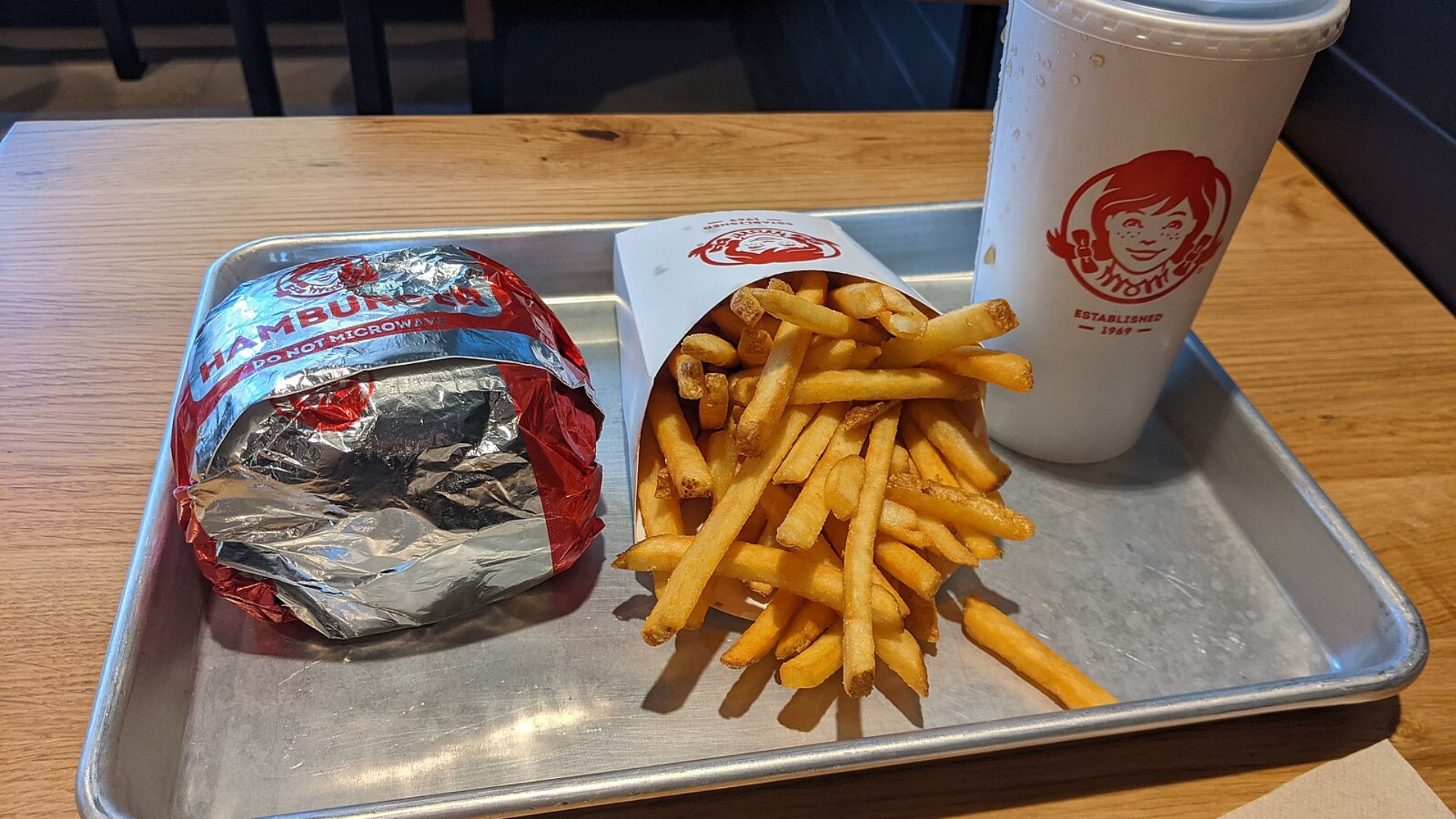
In the months leading up to the wage law, fast food joints hiked prices by around 7%.
Places like Wendy’s and Taco Bell nudged their menu prices up to 8%, prepping for the payroll increase.
In-N-Out Tweaks Its Prices
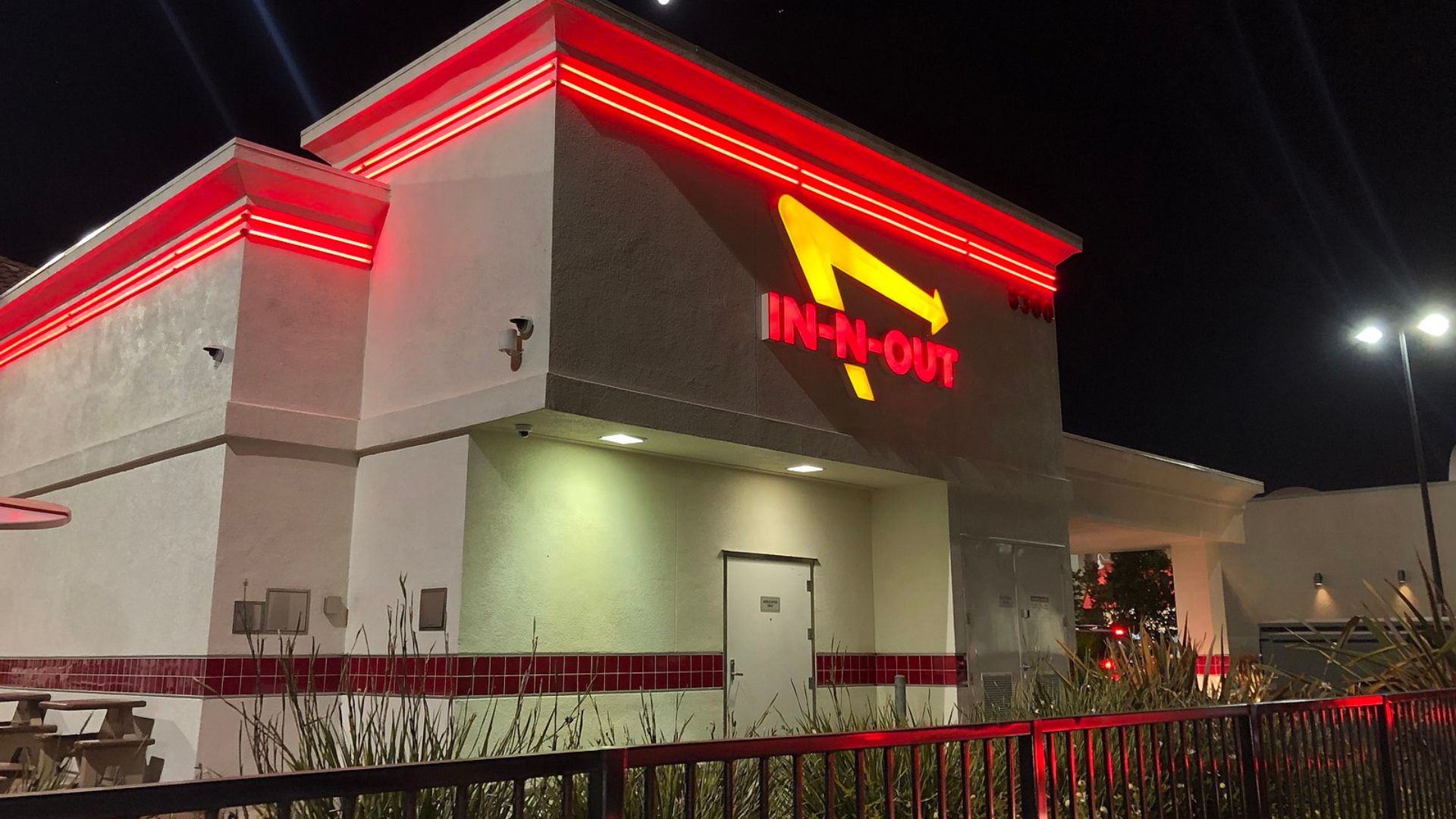
Even In-N-Out Burger hasn’t been left untouched; the chain has had to raise its prices in response to the wage changes.
In LA County, the price for a double-double burger combo now stands at $11.44, up by $0.76 from last year.
Automation on the Rise
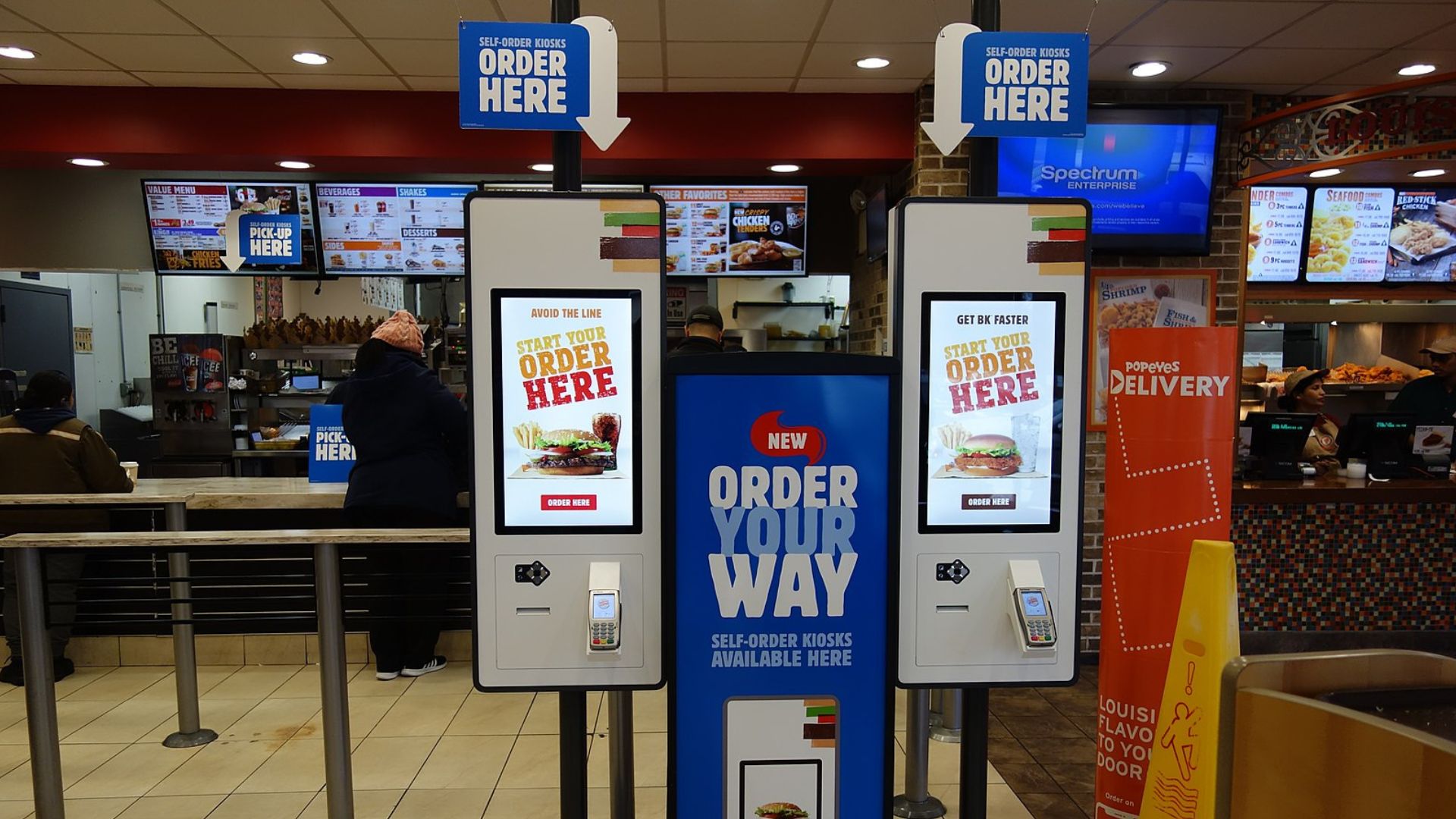
As labor costs climb, more fast-food chains are turning to technology.
Self-serve kiosks are increasingly common as these establishments look to streamline operations and keep costs down.
Mixed Effects of the Wage Increase
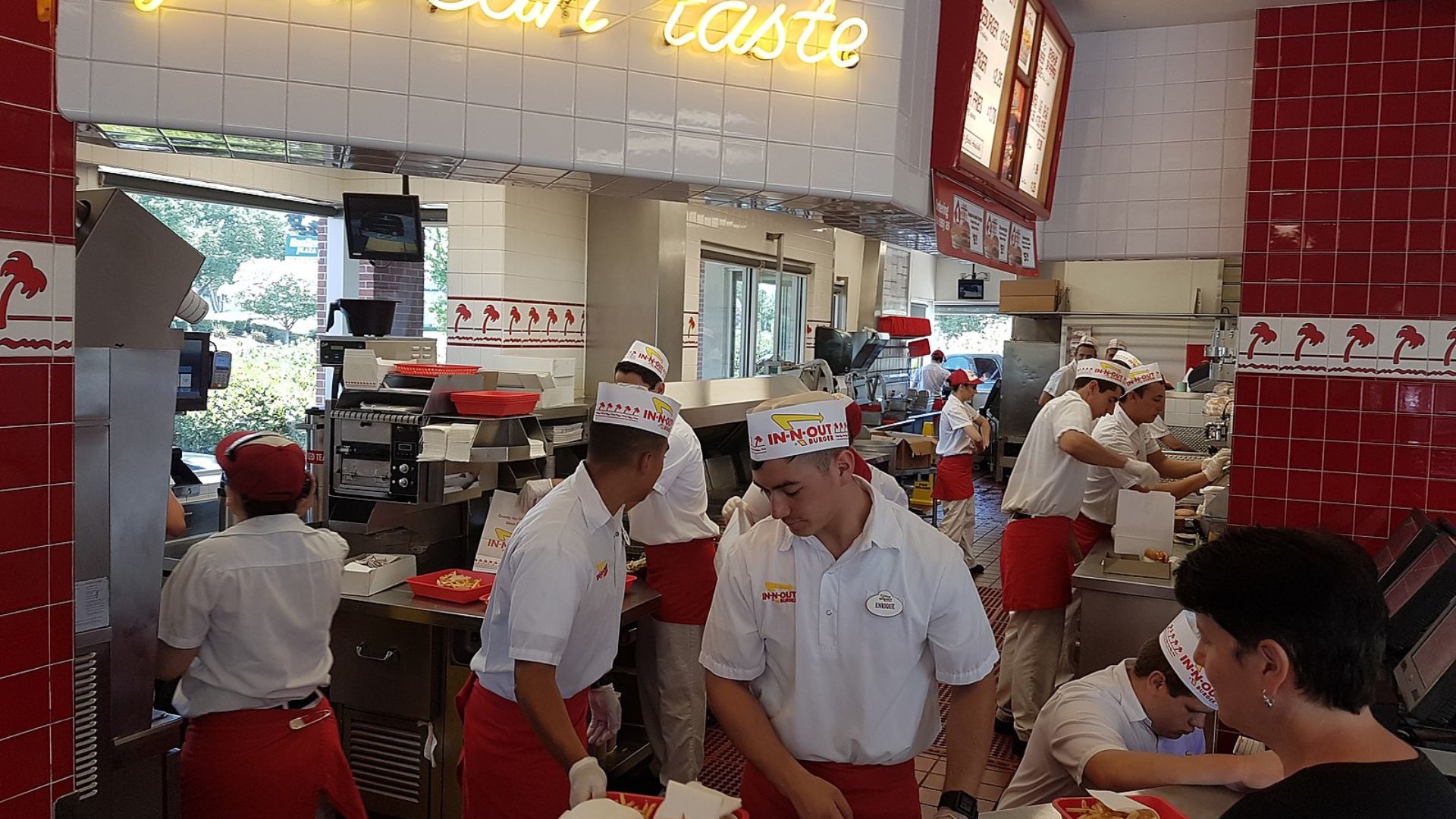
The increase to a $20 minimum wage has brought mixed results.
While it’s a boost for employees like fast-food managers, it has introduced challenges for businesses, leading to price increases and some closures.
What’s Next for Fast Food?
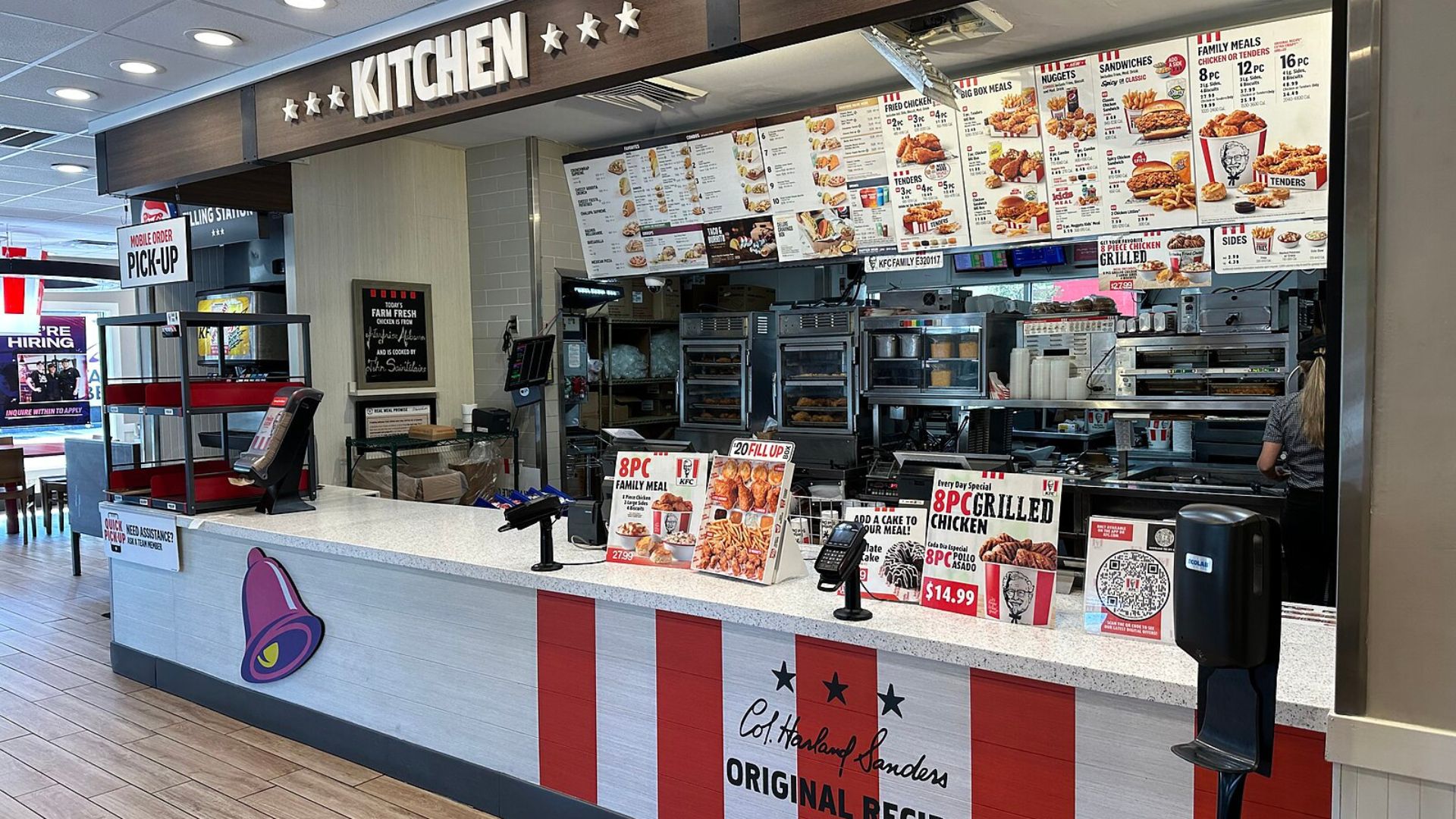
As California navigates these changes, the rest of the industry watches closely.
Will other states follow with similar wage increases, and what will that mean for our fast-food favorites? Only time will tell how this big bet on higher wages pans out.
